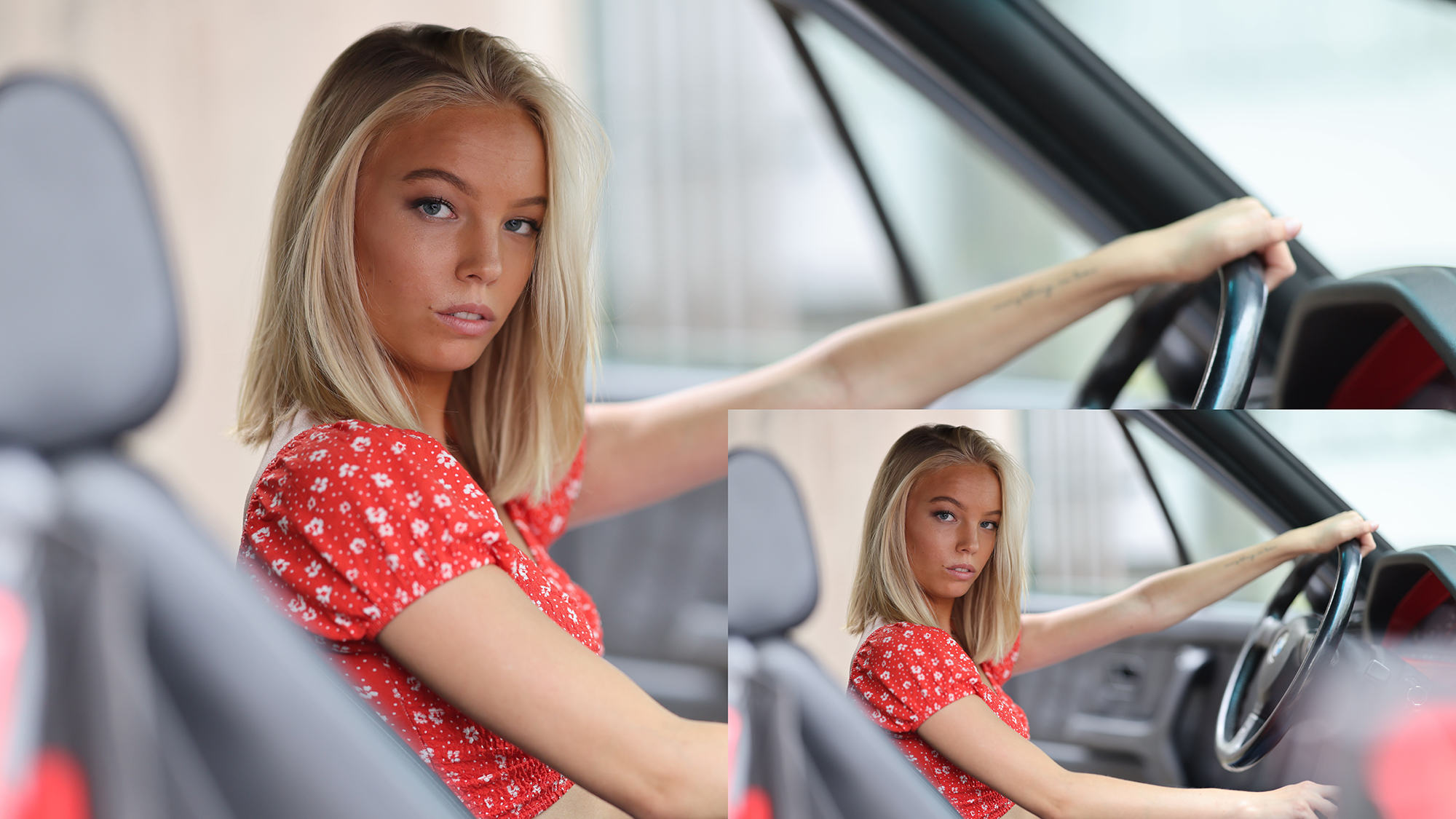Canon reveals the world's first 410MP sensor – with a staggering 24K resolution and virtually infinite cropping potential
It might not be coming to a consumer camera, but it is impressive...

- A 410MP sensor smashes previous pixel records for full-frame, and is equivalent to a 24K resolution
- It's capable of 410MP stills up to 8fps, or 100MP up to 24fps
- It's designed for surveillance, medicine and industry applications, and unlikely to ever land in a consumer Canon camera
Try this for size – Canon has announced a new 410MP full-frame sensor that smashes any previous records for resolution. It packs 24,592 x 16,704 pixels to be precise, which is roughly equivalent to 24K resolution.
Canon points out in its global announcement that 24K is 12 times the resolution of 8K and 198 times the resolution of HD, and suggests that the unprecedented resolution "enables users to crop any part of the image captured by this sensor and enlarge it significantly while maintaining high resolution".
The newly developed back-illuminated stacked sensor is capable of a super-fast 3,280MP p/s readout speed, meaning it's possible to shoot those 410MP stills at up to 8fps, a rate that can be upped to 24fps by selecting a pixel binning function that reduces resolution to 100MP.
It's a staggering and presumably incredibly pricey sensor that, sadly, is unlikely to ever make it to consumers, even if a trickle-down effect from its tech is possible – Canon has positioned this lens for surveillance, medicine and industry applications, for which the capacity to heavily crop into highly-detailed images is paramount.
Do we need it in the age of upscaling?
In 2024, Sony impressed us with a new 247MP medium-format sensor that offers much more detail than any sensor found in a consumer camera. However, that's far fewer pixels, in a much larger sensor format, and Sony's sensor has now been put in the shade by Canon's newly-developed marvel.
More so, the best-in-class resolution for full-frame cameras available to consumers is 61MP, a sensor utilized by the Leica SL3 and Sony A7R V. This sensor isn't stacked like Canon's, and therefore can't match the readout speed – it's slower and less detailed. Put simply, we've not seen sensor tech like this before.

Recently, Canon has been pushing what's possible with camera tech. We loved its new in-camera upscale function that's capable of increasing image size by 400 percent. Upscaling debuted in the Canon EOS R5 Mark II and Canon EOS R1, and in the case of the EOS R5 Mark II it increases resolution from 45MP to 180MP, with impressive results.
Get daily insight, inspiration and deals in your inbox
Sign up for breaking news, reviews, opinion, top tech deals, and more.
I'm now imagining this upscale tech coupled with Canon's new 410MP sensor, we'd be talking a resolution of 1.64 gigapixels! That potential level of detail is mind blowing, but whether or not there are the necessary lenses with the optical quality to fully support this potential is another matter – and, sadly for my own curiosity, I'll unlikely ever see the new sensor in action.
You might also like

Tim is the Cameras editor at TechRadar. He has enjoyed more than 15 years in the photo video industry with most of those in the world of tech journalism. During his time as Deputy Technical Editor with Amateur Photographer, as a freelancer and consequently editor at Tech Radar, Tim has developed a deeply technical knowledge and practical experience with cameras, educating others through news, reviews and features. He’s also worked in video production for Studio 44 with clients including Canon, and volunteers his spare time to consult a non-profit, diverse stories team based in Nairobi. Tim is curious, a keen creative, avid footballer and runner, and moderate flat white drinker who has lived in Kenya and believes we have much to enjoy and learn from each other.
You must confirm your public display name before commenting
Please logout and then login again, you will then be prompted to enter your display name.